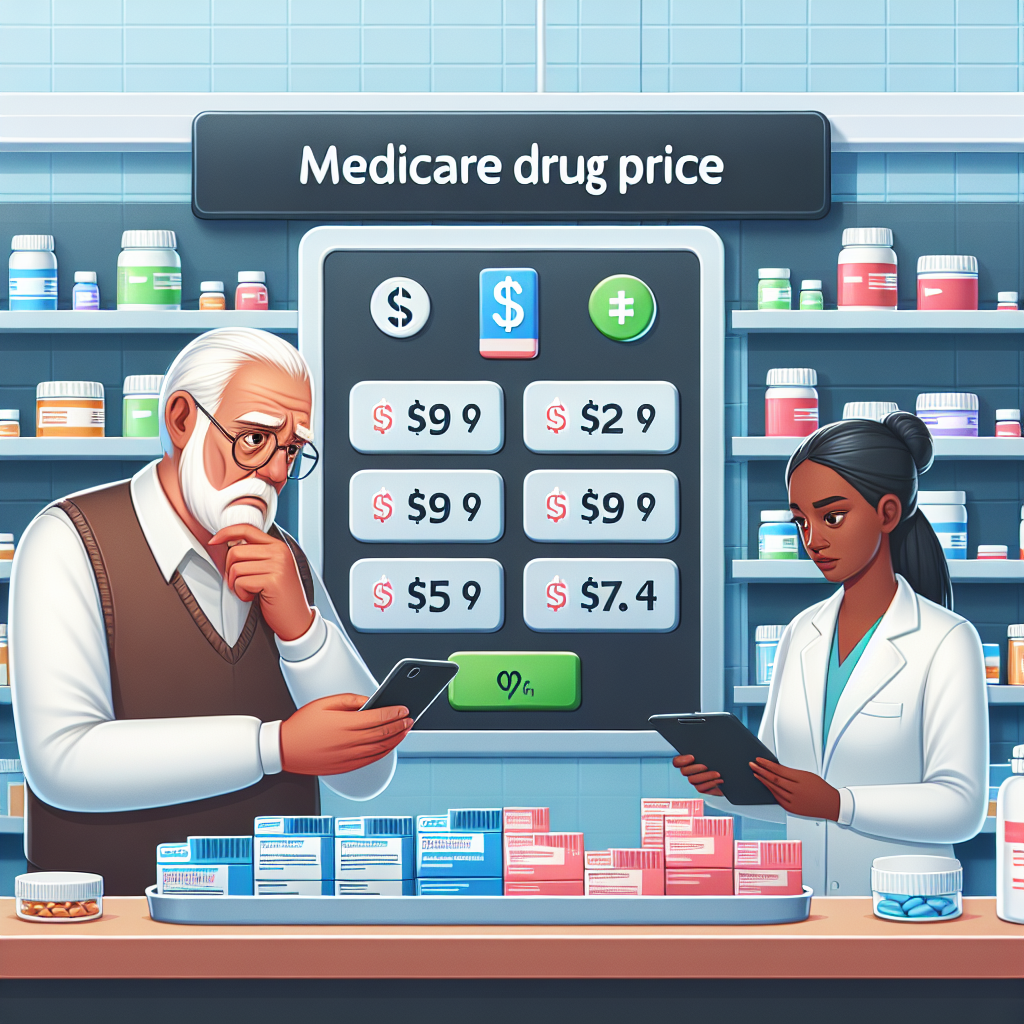Trump Administration's Bold Move to Equalize Drug Prices Hits International Stage
The Trump administration is negotiating with drugmakers to raise European drug prices to lower prescription costs in the U.S. They propose 'most favored nation' pricing, matching U.S. prices to those in other wealthy nations. This strategy faces resistance due to potential impacts on research and development.

The Trump administration is in talks with pharmaceutical companies to equalize drug prices globally, aiming to lower costs domestically. The U.S. pays significantly more for medications compared to other developed nations. President Trump is pressing for international price hikes to relieve American consumers.
Under 'most favored nation' pricing, U.S. drug costs would match the lowest rates available to other affluent countries. During confidential meetings, officials suggested supporting drugmakers' international negotiations, provided this pricing model is adopted. This strategy, however, poses a challenge as it might hinder pharmaceutical innovation due to reduced research funding.
European governments, unlike the U.S., negotiate drug prices directly, often securing lower rates. Drugmakers argue that high U.S. prices fund their R&D worldwide. Despite threats of tariffs and manufacturing shifts, raising European drug prices remains a top priority, highlighted by Trump's letters urging major pharmaceutical CEOs to take action.
(With inputs from agencies.)
ALSO READ
Cyclotrons: Powering Cancer Care, Diagnostics, and Medical Innovation
Infosys Launches Advanced AI Center in Hubballi, Boosting North Karnataka as Innovation Hub
AfDB President Backs Nigeria’s EV Industry, Lauds Diaspora-Led Innovation
Bajaj Auto's Soaring Profits Driven by Export Growth and Electric Innovation
Uno Minda Ltd: Driving Revenue Growth with Innovation-Led Portfolio










